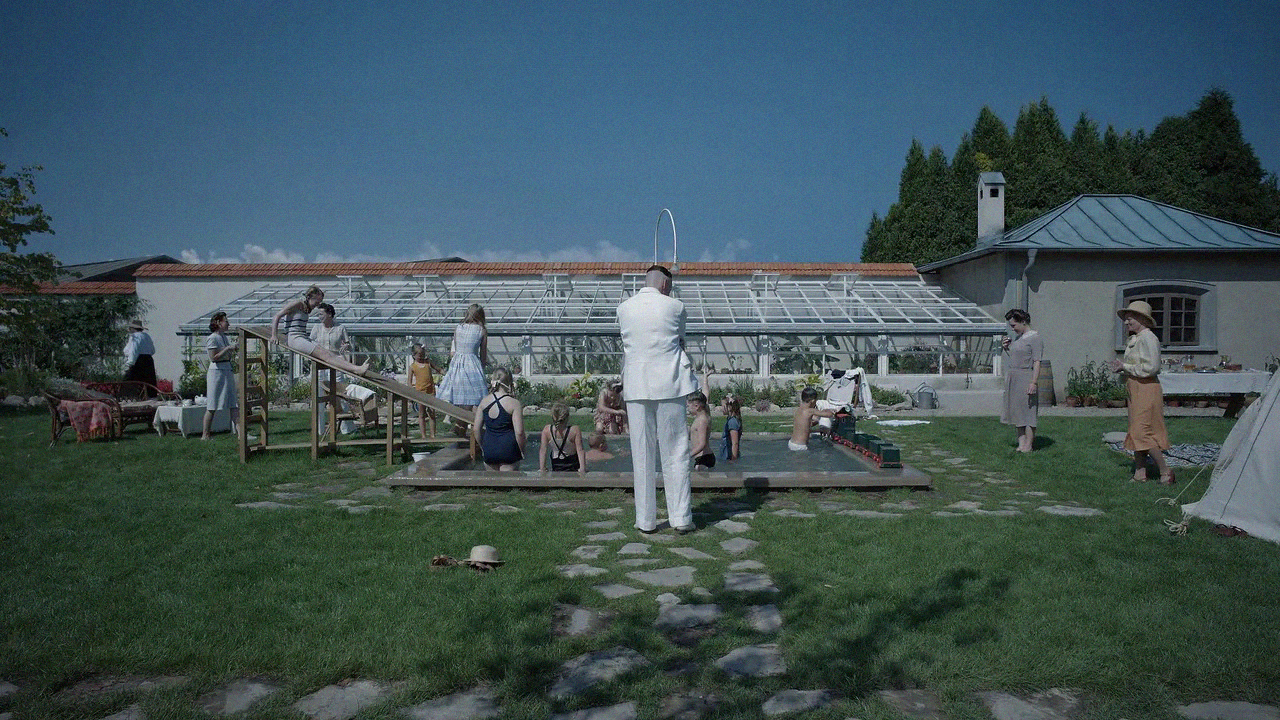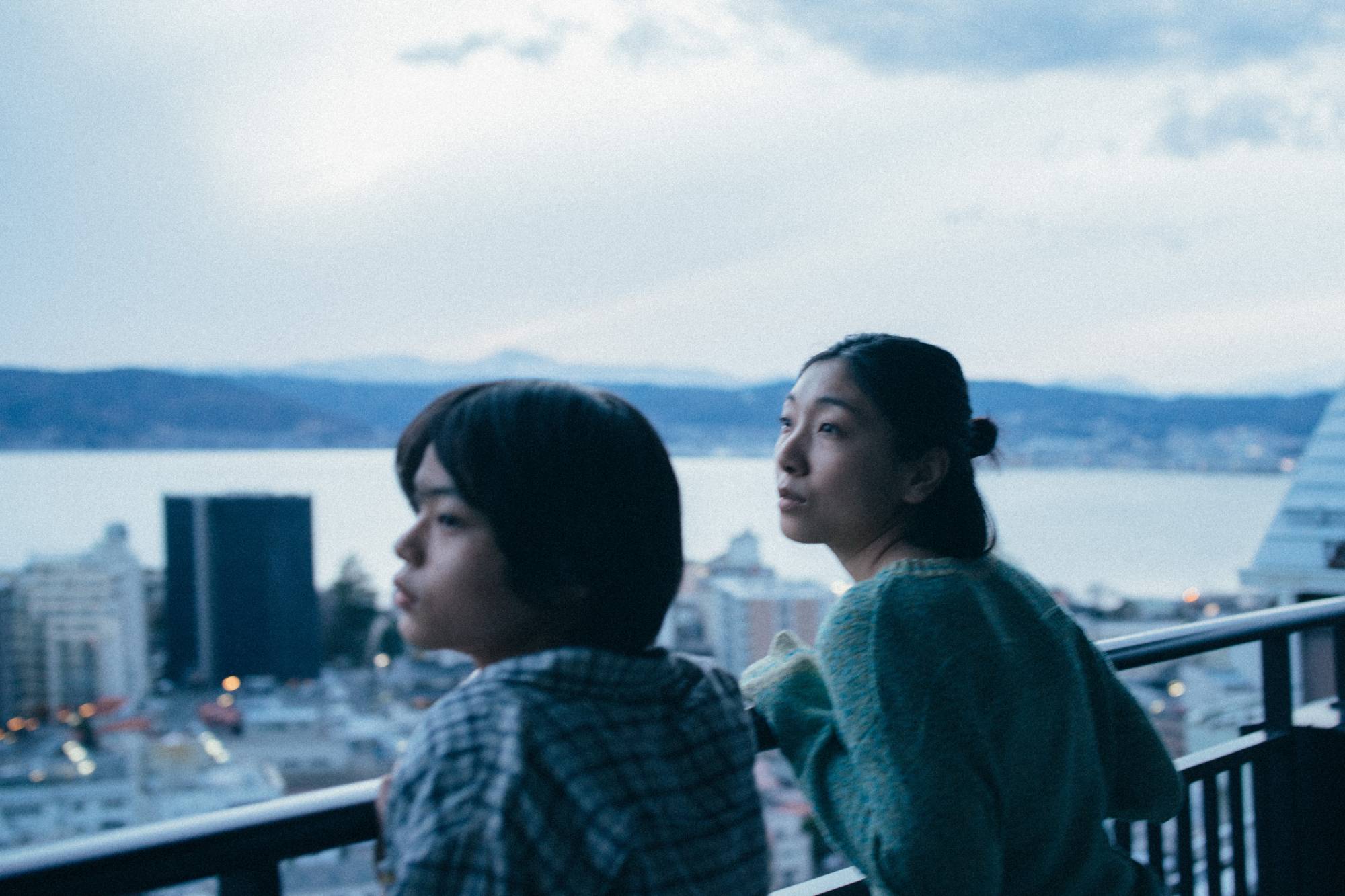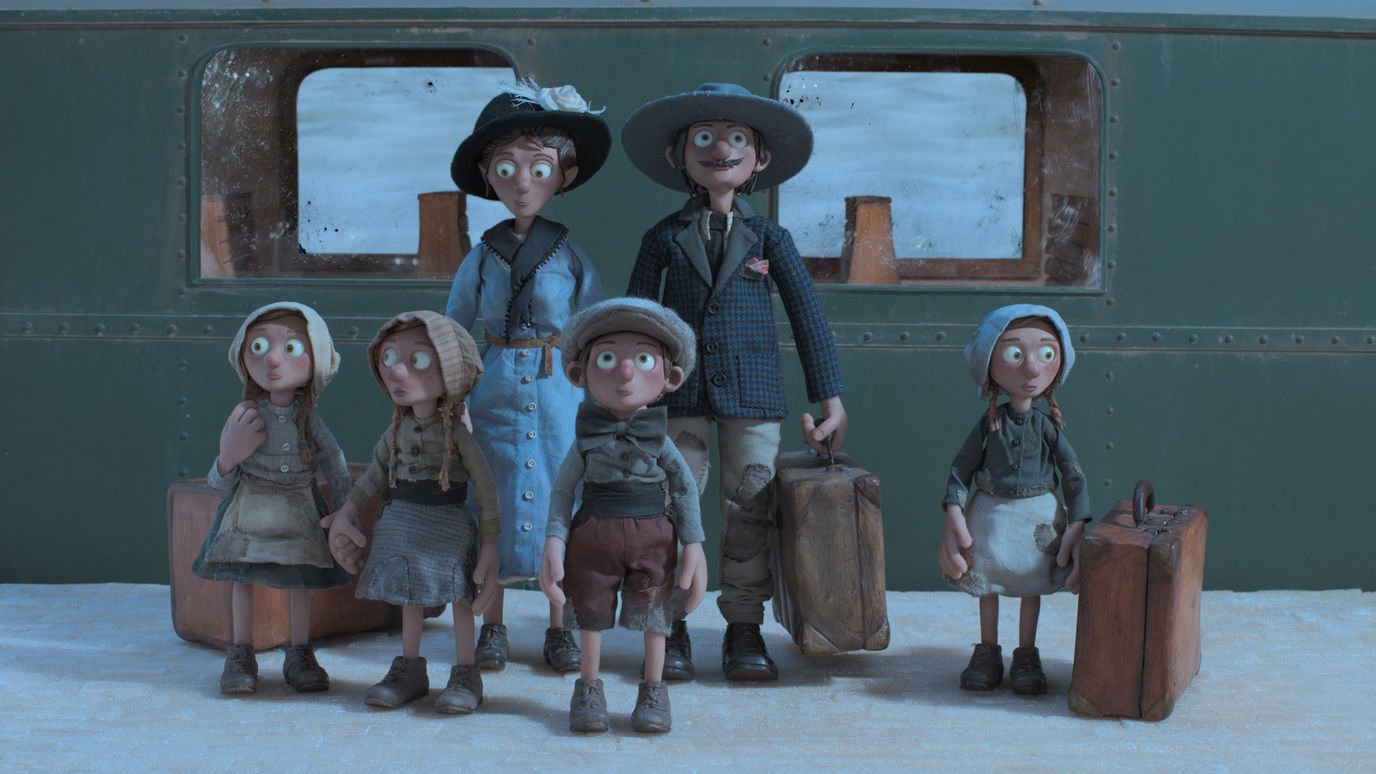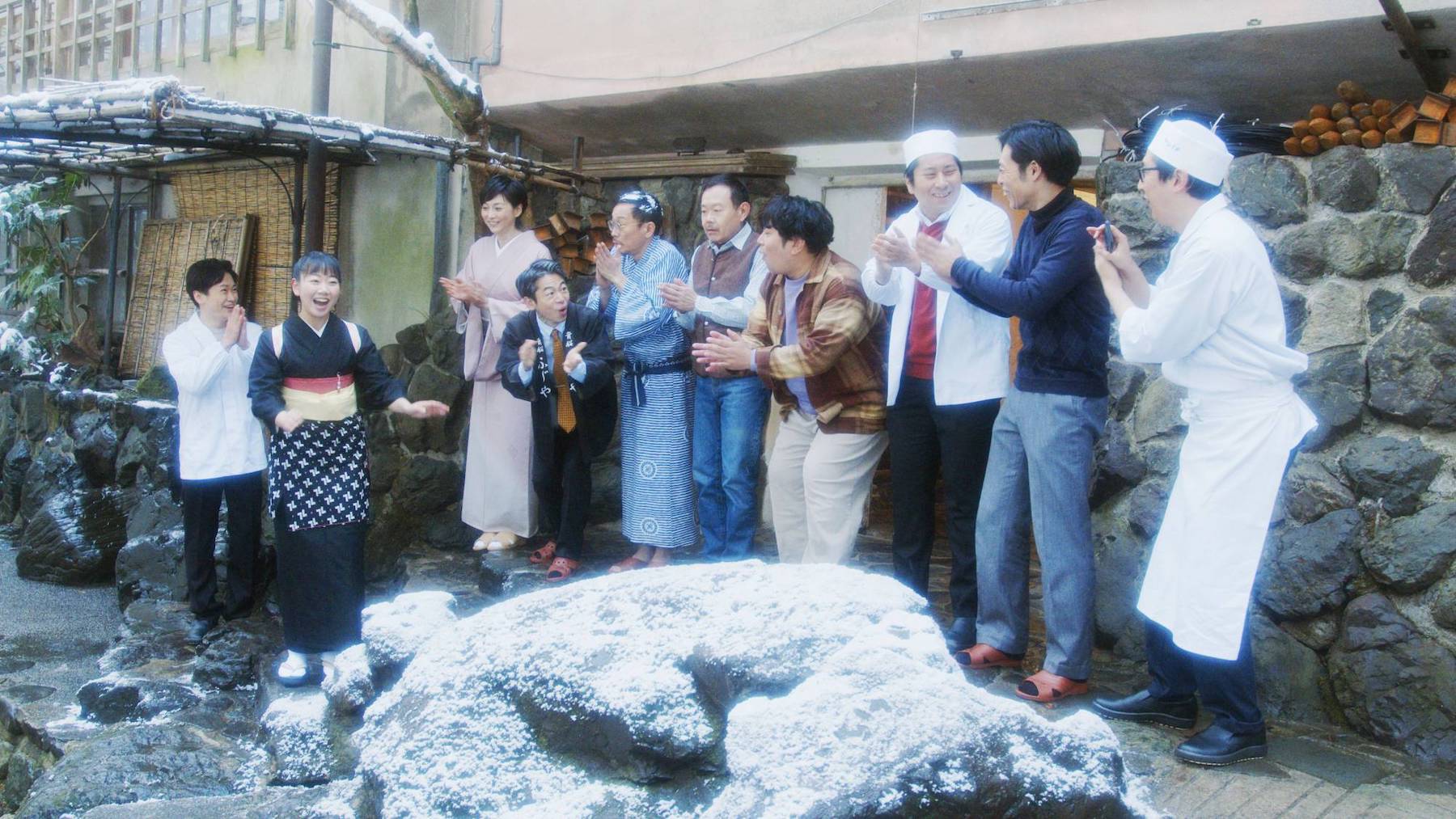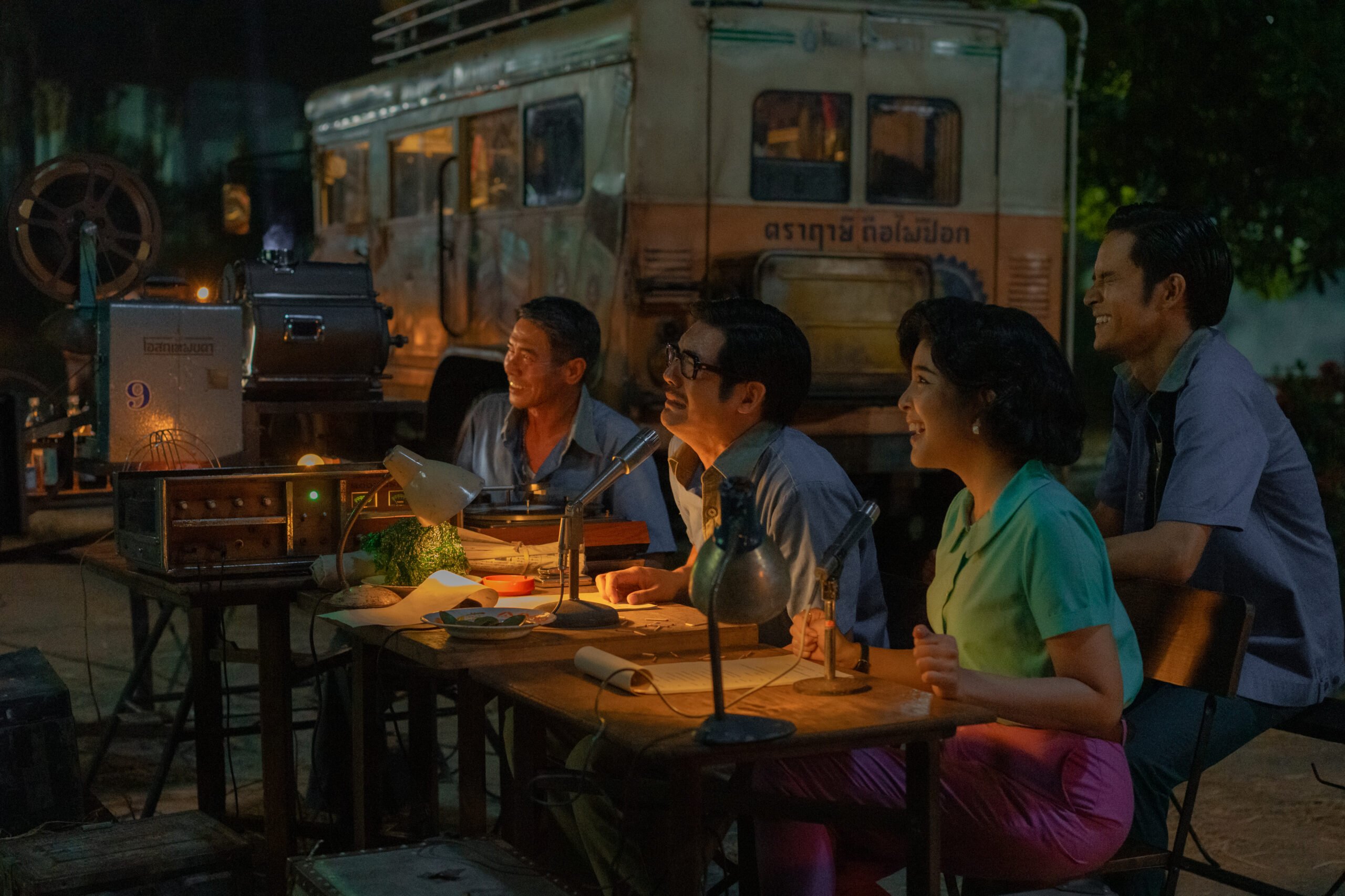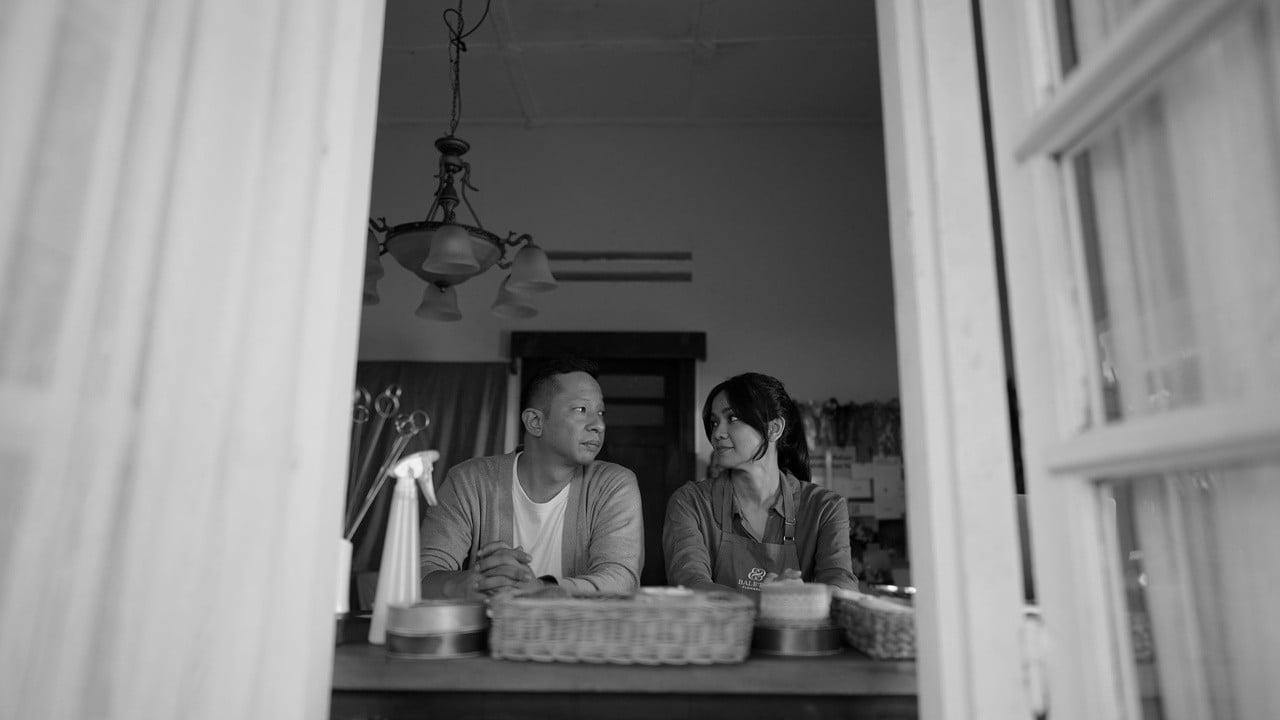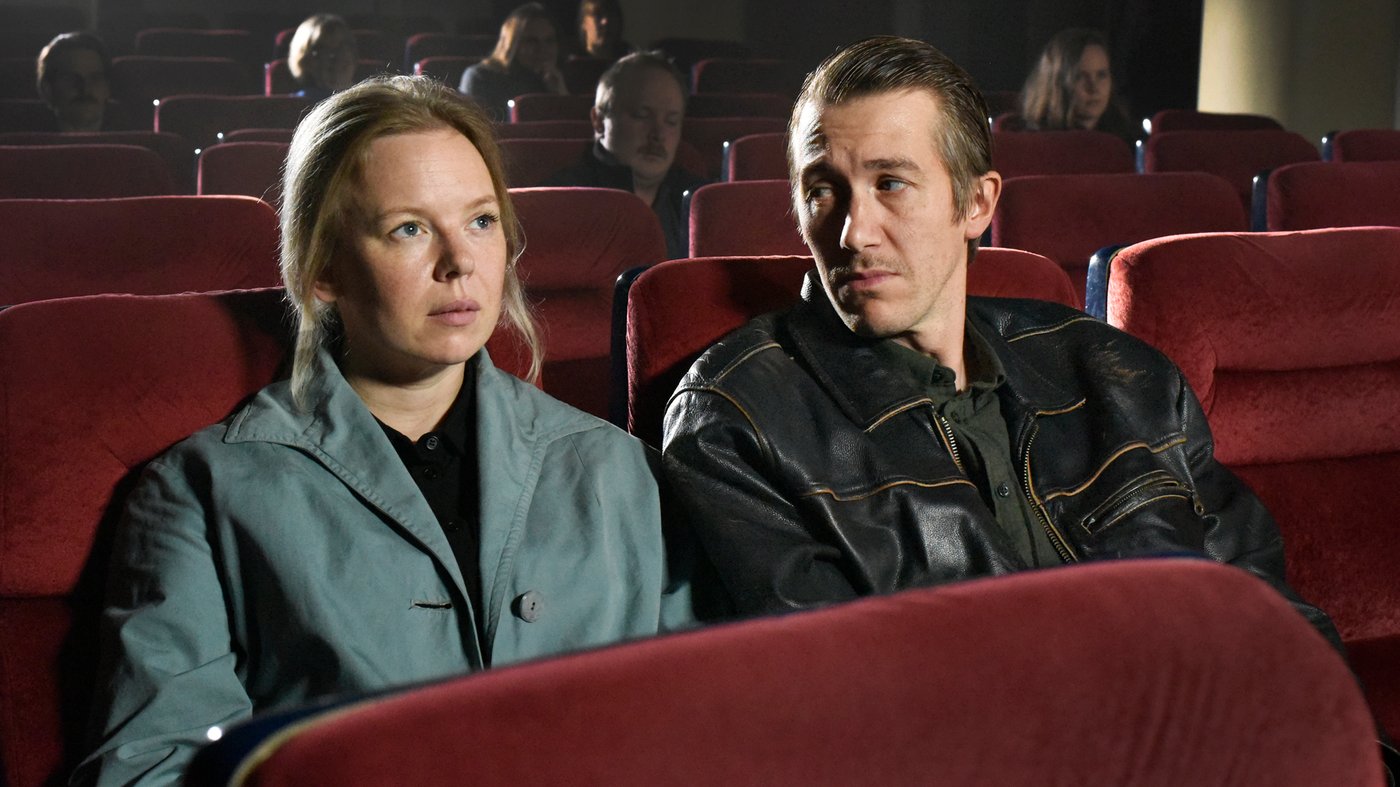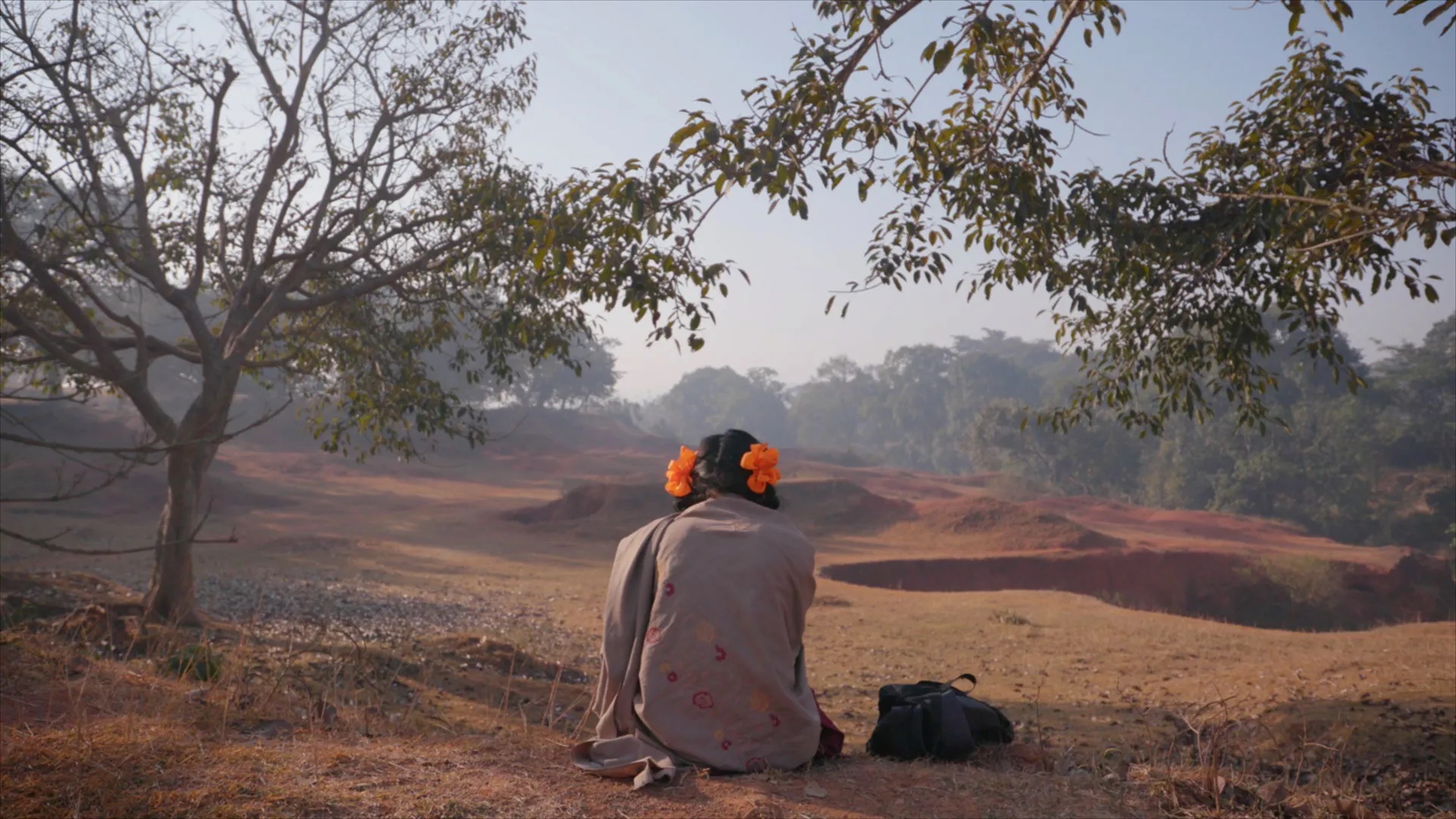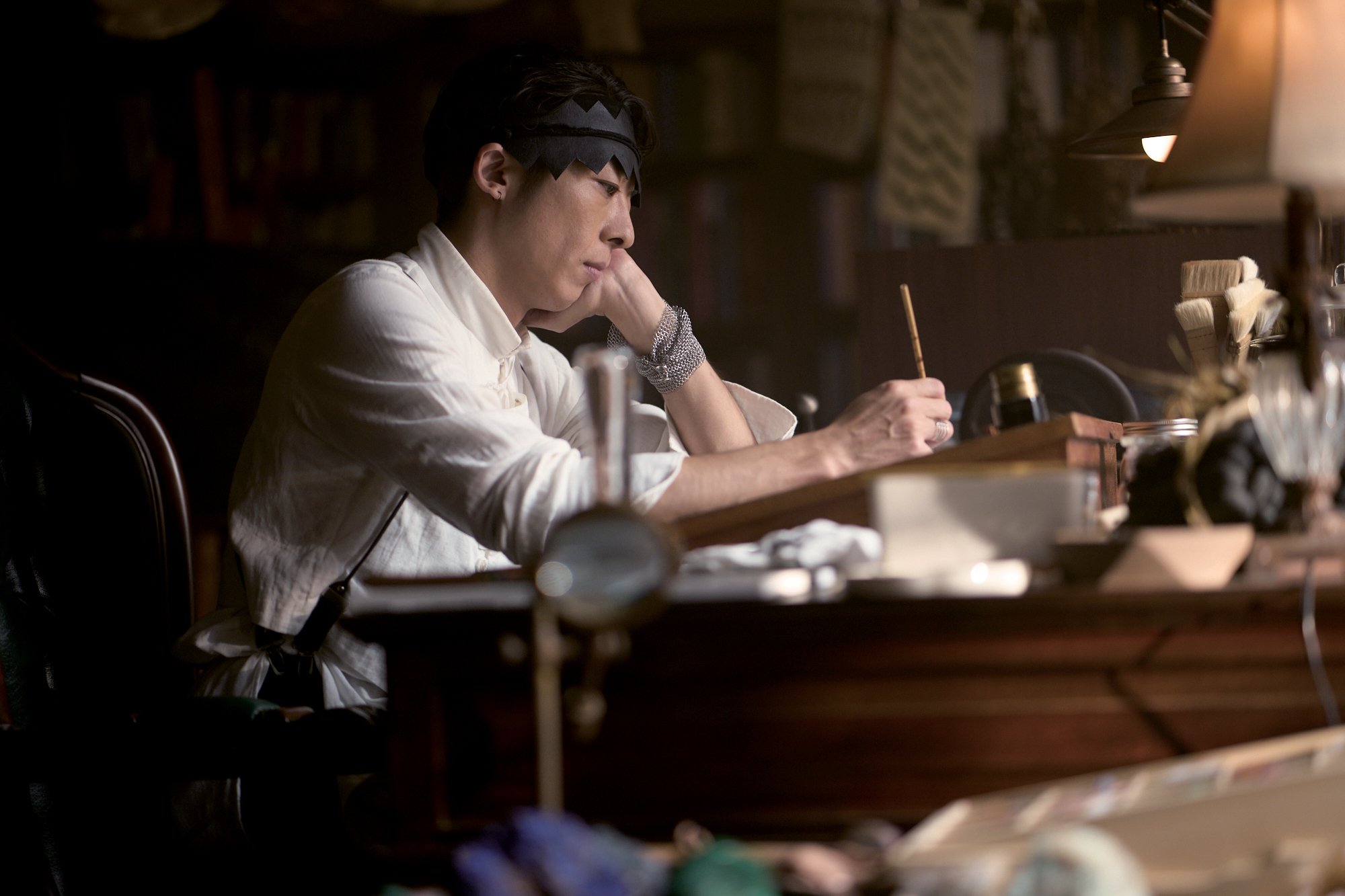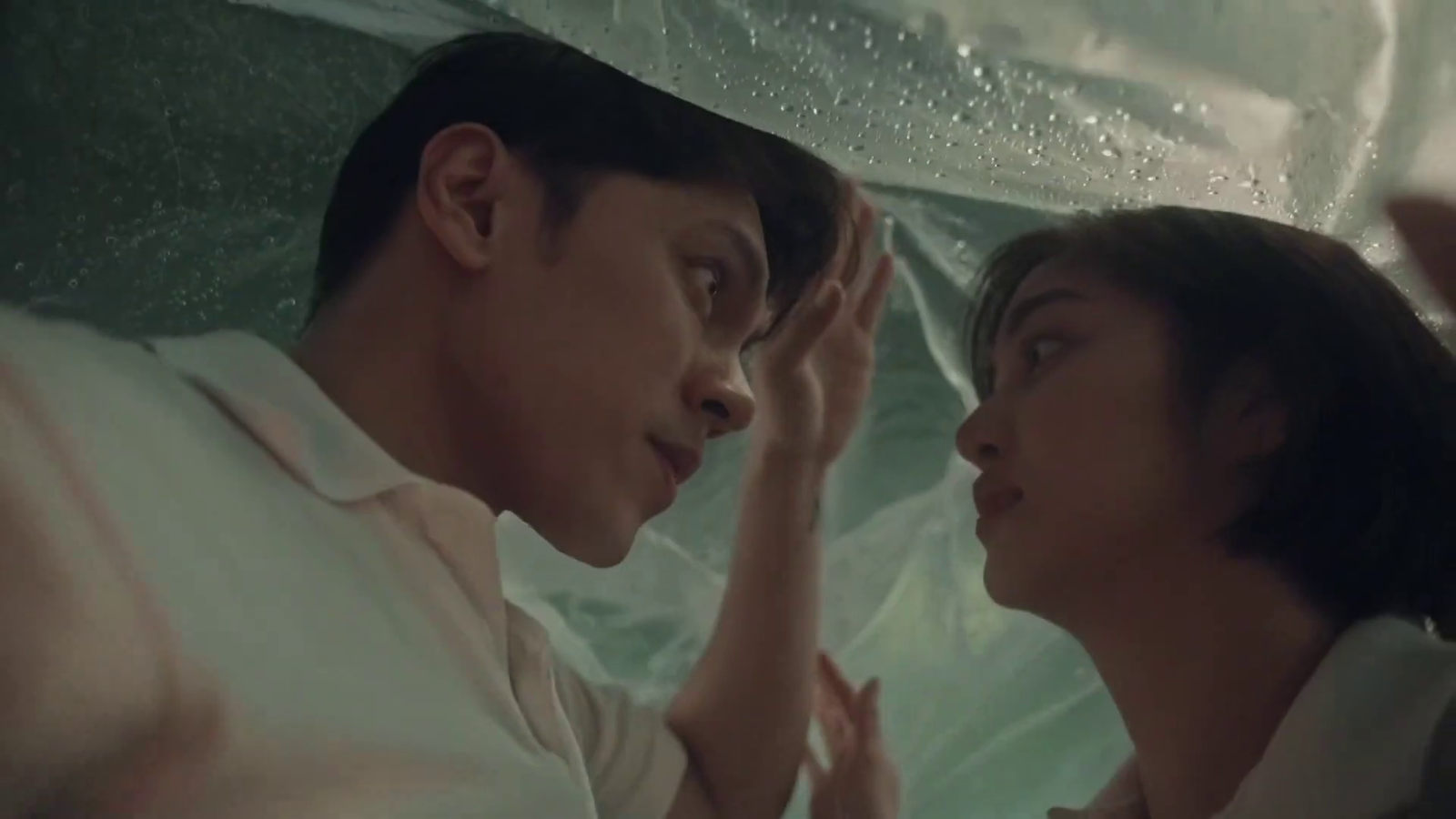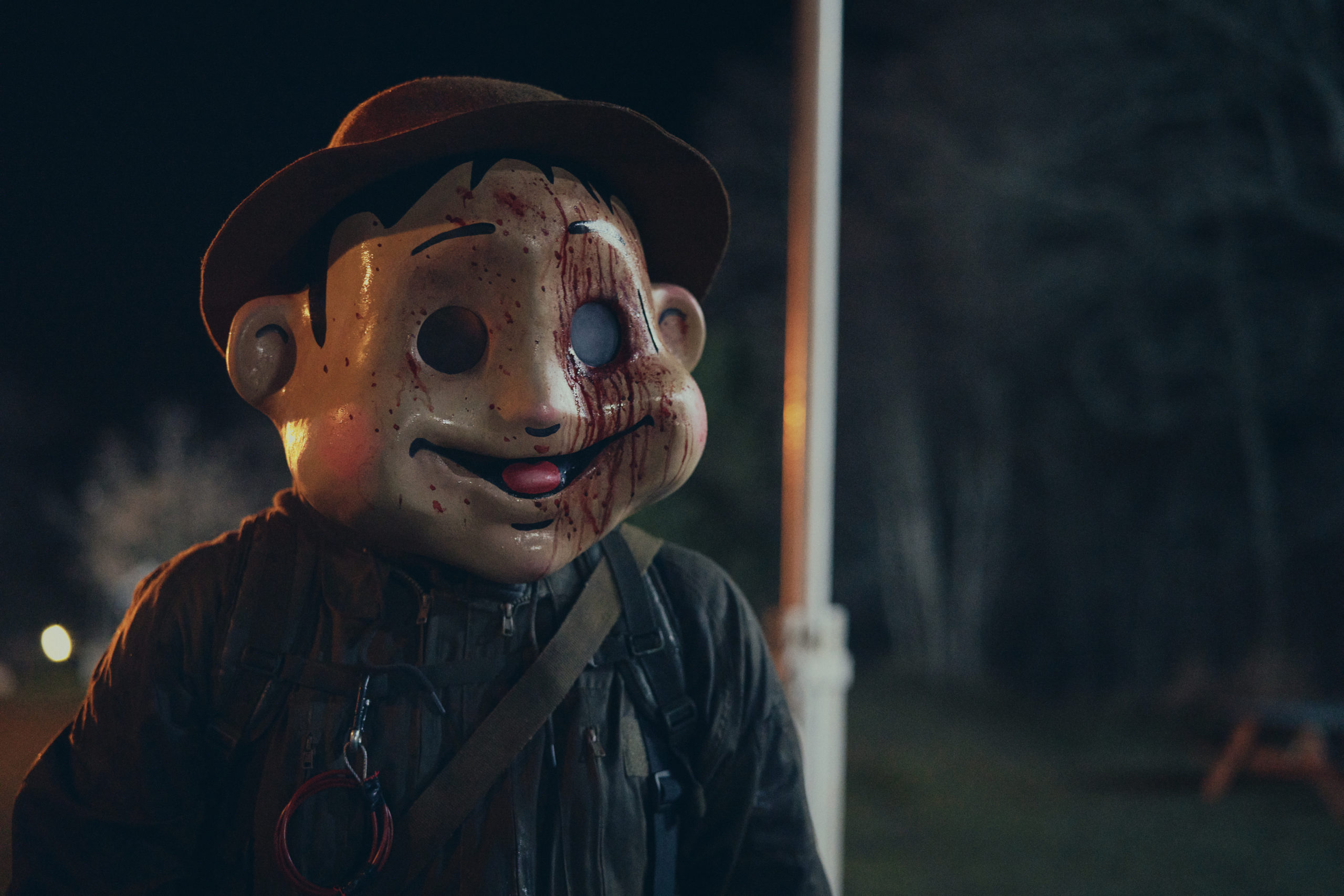
The 50 Best Foreign Movies of 2023 So Far
April 18, 2024
Share:
Film knows no borders, and true enough, these exceptional movies from around the world will whisk you away on an extraordinary international journey. Each one showcases a rich diversity of cultures, languages, and perspectives, inviting you to explore uncharted cinematic realms. As Parasite director Bong Joon-ho once advised, you shouldn’t let the one-inch barrier of subtitles stop you from finding your next favorite film. So bookmark this page (which we’ll update throughout the year) and read on to learn more about the best foreign-language movies of 2023. For your convenience, we’ve also added information on where and how to stream them online.
Read also:
1. The Zone of Interest (2023)
Country
Director
Actors
Moods
How do you make a film about the Holocaust feel new? How do you make the terrors feel fresh, like it was just in the news, without sounding redundant or without giving into the sensationalized and emotionally manipulative? For Director Jonathan Glazer, the answer lies in not what you show but what you don’t show. The Zone of Interest is shot from the point of view of Nazi Officer Rudolf Höss (Christian Friedel) and his wife Hedwig (Sandra Hüller), who live a dreamy life right next to the infamous Auschwitz death camp. Glazer frames them plainly and without flourish as they ignore (or, arguably, revel in) the glow of burning bodies, the howls of pain, and the billows of smoke coming from the torture chamber a wall away. It’s a powerful, nauseating contrast that turns the question from “How can they do this?” to “Who among us is committing the same things right now?” Who among us is casting a blind eye to the atrocities and genocide being committed at this very moment to our neighbors? The film, which is also a technical feat in terms of the way it’s shot (the crew and cameras remained hidden so that the actors were free to roam, as if in a play) is chilling and thought-provoking, and it will unnerve you for days on end.
2. Monster (2023)
Country
Director
Actors
Moods
Monster is a deceptively simple story about growing up and the many misunderstandings that come with it. It’s told through different points of view, a technique that could easily feel gimmicky in the hands of a lesser director. But with director Hirokazu Kore-eda at the helm, it feels natural and inevitable, as if there was no other way to tell this specific story. It’s a masterful mystery, but Monster is less about suspense and answering the whodunnit question than it is about navigating the murky waters of truth and real life. As corny as it sounds, watching Monster is an experience unto itself: you’ll find yourself believing something one moment and dismantling it the next, learning and unlearning in a span of two hours. But as with past Kore-eda films, it’s the story’s heartwarming sensitivity that trumps everything. You’ll likely come for the mystery but stay for its heart.
3. No Dogs or Italians Allowed (2023)
Country
Director
Actors
Moods
With cardboard houses, sugar winters, and broccoli trees, No Dogs or Italians Allowed at first seems lighthearted, playful, and not too serious. Alain Ughetto casts himself asking his grandmother Cesira about his family, but we only see his hands moving and interacting with the characters as if he was crafting clay model miniatures. However, the whimsical approach sugarcoats the very tragedies that struck his family– from the multiple wars to the discrimination they’ve faced as immigrants– with excellent animation and puppetry that feels much more lifelike than 3D CGI. In telling his family’s story, Ughetto also retells 20th century European history, reframing the worldwide events and movements through a personal perspective.
4. River (2023)
Country
Director
Actors
Moods
Made on a clearly lower budget but with enthusiasm and love for the craft overflowing from every frame, Junta Yamaguchi’s River gets clean and wholesome comedy—that’s still plenty memorable—out of a terrific ensemble of actors, all of whom get to display a full range of expression for their increasingly exasperated characters. It’s smart, economical filmmaking that’s still dazzlingly put together, as each two-minute loop is done in a single unbroken shot that feels different with every reset. Yamaguchi is highly aware of how quickly this gimmick might overstay its welcome, so he allows the film’s emotional landscape to open up considerably with every cycle. As the hell of this situation starts to chip away at the characters, the film also becomes more urgent and more soulful, leading the story down unexpected paths and inviting us to think beyond the pattern it sets up for itself.
5. Once Upon a Star (2023)
Country
Director
Actors
Moods
When reminiscing about the film industry, most period films focus on the big names – the stars, the directors, and the producers that back them – as they’re more likely to have plenty of source material. Once Upon a Star is interested in the little people, the small town distributors that bring the movie magic to the locals. Centered on a cinema projection troupe, the film celebrates the old way of distribution, who, unlike today’s streaming, travel from place to place to set up outdoor cinemas with live dubbing. And through each projection of classic Thai masterpieces, the connection they have with each other, between both the troupe and the audience, recalls the intimate nostalgia of watching a movie together. It’s a unique take from director Nonzee Nimibutr, one that’s a stunning love letter to the film industry he hails from.
6. Falling in Love Like in Movies (2023)
Country
Director
Actors
Moods
Given the title, it isn’t surprising that Falling in Love Like in Movies would be a metanarrative with the main romance mirroring the filmmaking and the filmmaking reflecting the main romance. It’s a familiar approach, and at first, Falling seems to follow the inevitable ending where the couple falls in love, but right on time, in around Sequence Four, writer-director Yandy Laurens chooses a more honest, less chosen path– a path that plenty of previous romance films hasn’t examined– that still falls within the eight sequence screenplay structure Bagus talks about. While Bagus is pitching his film to Hana, and to his producer, Jatuh Cinta Seperti di Film-Film pitches a new way of thinking about love, grief, and of course, filmmaking.
7. Fallen Leaves (2023)
Country
Director
Actors
Moods
Simple but lovely movies like Fallen Leaves are hard to come by these days. While others rely on complicated dialogue or overly ambitious premises to be deemed deep or important, Director Aki Kaurismäki trusts that his material is strong enough. After all, its silence speaks volumes; the characters don’t say much but when they do, you can be sure it’s something hard-hitting or funny. The plot doesn’t contain a lot of surprises, but when it makes a turn, it moves you instantly. And the leads, Ansa (Alma Pöysti) and Holappa (Jussi Vatanen) barely move their features, but their eyes convey more emotion, more longing and ache and joy, than one can hope for. Some movies can be challenging, exhilarating, or exhausting to watch. This one is simply delightful.
8. To Kill a Tiger (2022)
Country
Director
Moods
To Kill a Tiger should not be an easy watch. It’s about the gang rape of 13-year-old Kiran, a girl whose small village has shunned and blamed her for “not knowing better,” and who is being forced by community leaders to marry her abuser to “erase the stain” on herself. But instead of leaning on sensationalism, Director Nisha Pahuja tells Kiran’s story with so much care and sensitivity that it feels refreshing and ultimately inspiring to watch. Pahuja hones in on Kiran’s relationship with her father, Ranjit, who stands by her daughter despite the pressure imposed by his community to do otherwise. The filmmakers note that he’s the rare man to pursue justice for his wronged daughter, and we can see through intimate conversations among the villagers, lawmakers, and social workers how brave and novel Kiran and Ranjit’s journey is. To Kill a Tiger is not an easy watch, but under Pahuja’s deft direction, the discomfort feels necessary, and the relationships heart-aching but uplifting.
Read also:
9. Rohan at the Louvre (2023)
Country
Director
Actors
Moods
As an adaptation of a story written to commemorate the Louvre’s comics-focused exhibit, Rohan at the Louvre expands the short story into a riveting, nearly two-hour supernatural mystery film that contemplates Japanese art in context with the world. The original story is a spin-off of the popular manga Jojo’s Bizarre Adventure, so this film adaptation may shock fans expecting the same plot points and the vibrant, colorful style of the manga. However, the shadow-heavy cinematography, alongside Issey Takahashi’s performance, casts the eeriness needed to make this story work on film. It’s a change that fits a story all about art as a depiction of pain and desire, severing the self from the past, and escapism through stories.
10. Third World Romance (2023)
Country
Director
Actors
Moods
Third World Romance is what it says in the tin– it’s a love story that blooms in the rundown side of the capital of a developing country. The plot is familiar, especially for people familiar with Filipino rom coms, but writer-director Dwein Baltazar approaches this with a grounded approach. With fancy dinner dates substituted with shared packed rice meals and emotional apologies interrupted by their shifts in the grocery, Bree and Alvin carve out a love that still feels passionate, perhaps made even more so, as they navigate a city where they are disenfranchised. Charlie Dizon and Carlo Aquino’s excellent performances keep their characters’ struggles real, but also make their love feel joyful in spite of that.
Comments
Add a comment
Ready to cut the cord?
Here are the 12 cheapest Live TV streaming services for cord-cutting.
More lists
Lists on how to save money by cutting the cord.
Curated by humans, not algorithms.
© 2024 A Good Movie to Watch. Altona Studio, LLC, all rights reserved.
